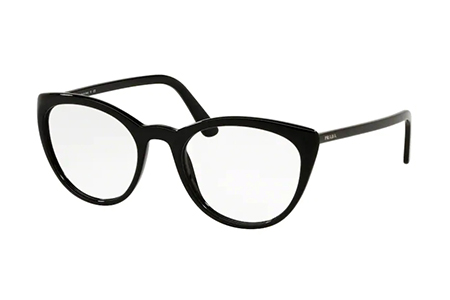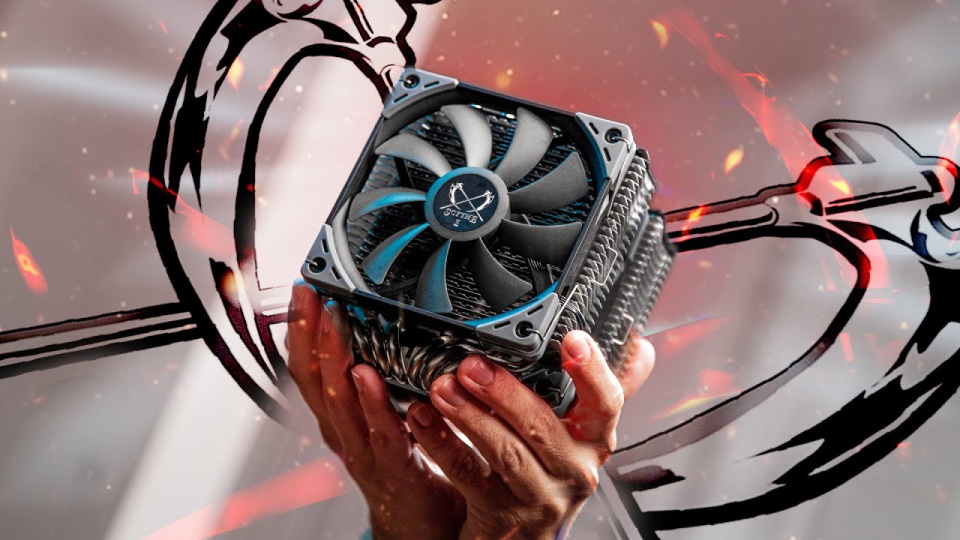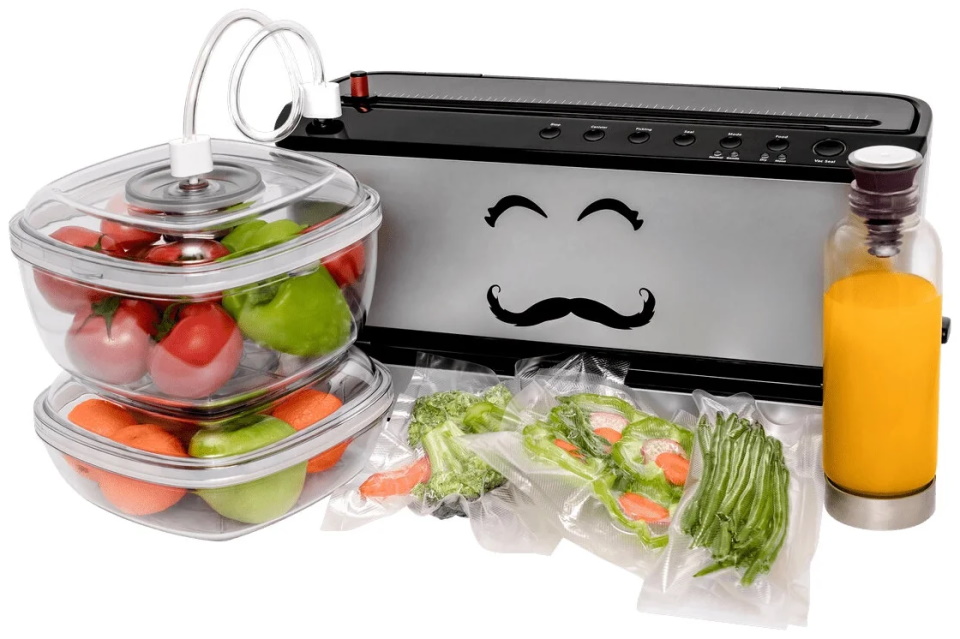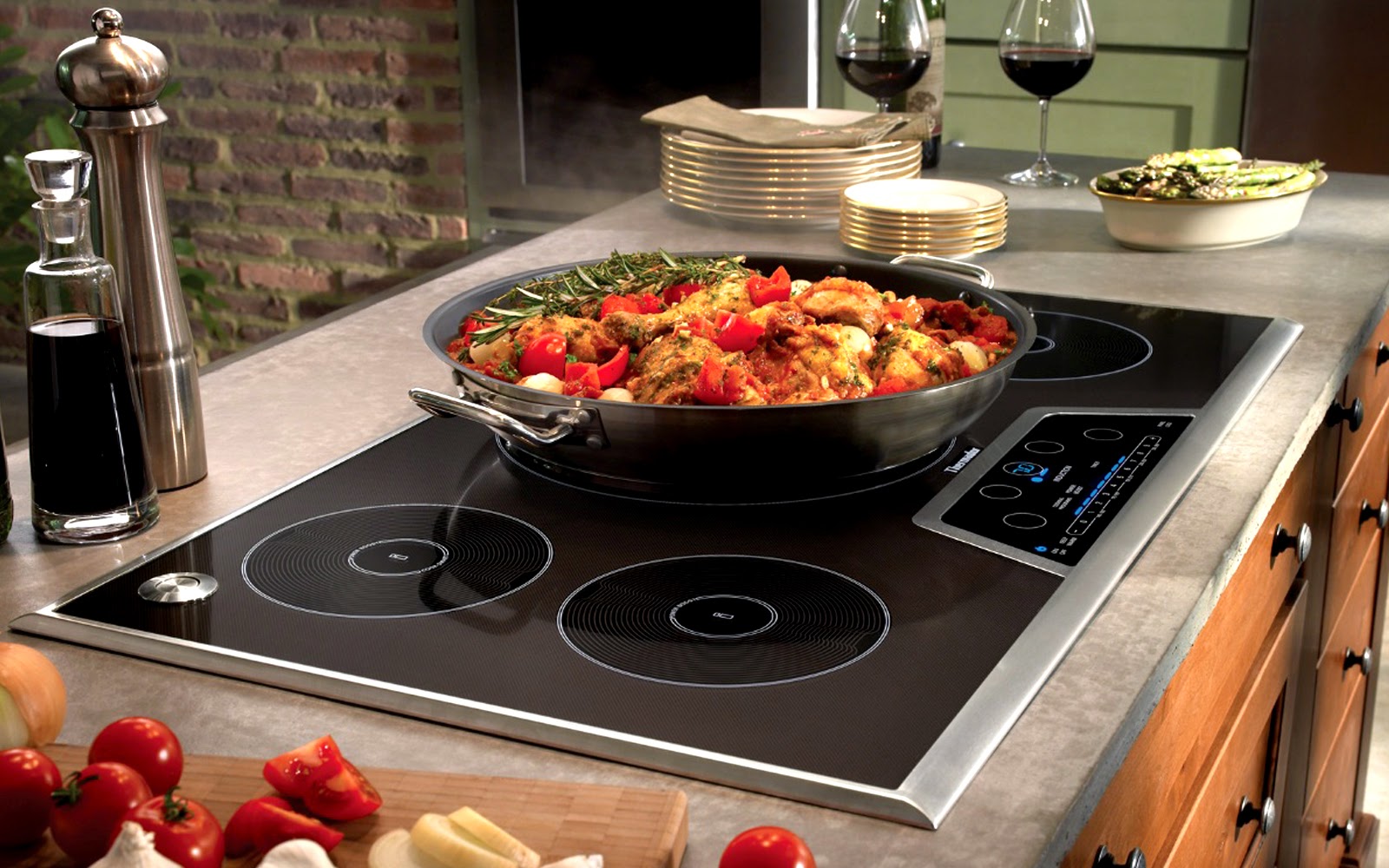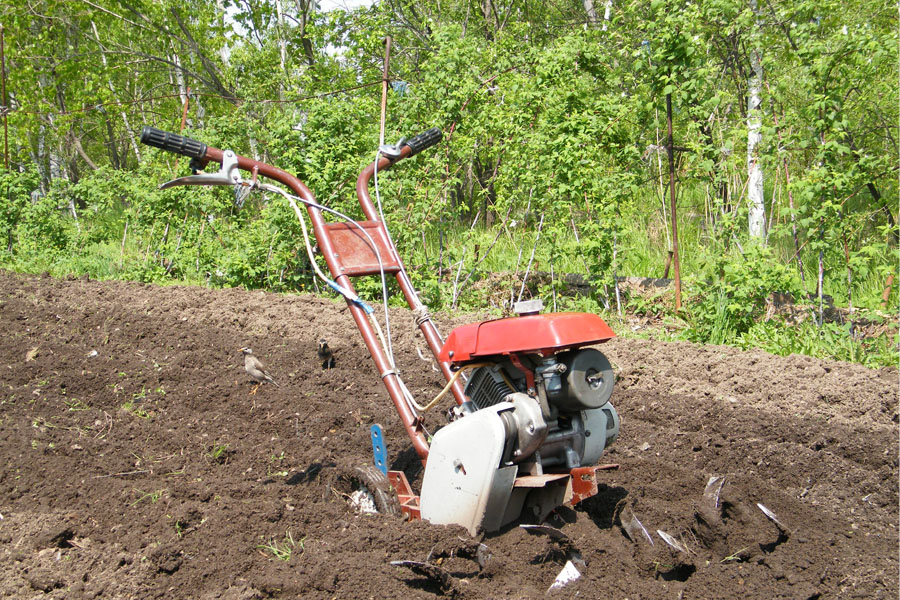Rating of the best cord brushes for 2022

Special cleaning brushes for industrial use are consumable tools and are used for processing various surfaces, which is carried out through their metal / synthetic bristles. These devices are called cord brushes or cord brushes. You can also find the names "brushing brushes", "abrasive" or "roughing" brushes, or "brushing" brushes.

Content
- 1 General information
- 2 Modern types of brushes
- 3 Features of the brushing process with cord brushes
- 4 Safety precautions and features of the use of brushes
- 5 Difficulties of choice
- 6 Rating of the best cord brushes for 2022
- 7 Conclusion
General information
The type of tool in question is a stand-alone fixture with iron or synthetic bristles, which is made of metals, their alloys, steel, or durable polymers of limited origin. With these tools, you can process stone and concrete bases, wood and metal products, plastic objects, as well as surfaces that have a paint and varnish coating. They are characterized by the following operations:
- Cleaning and elimination of rust, scale and slag from the surface of the object, old paintwork, removal of color tint;
- Cleaning of products before carrying out welding operations;
- Polishing and grinding;
- Removal of metal deposits from welded seams;
- Roughing, texturing and brushing wooden bases;
- Deburring;
- Turning pointed corners on structures;
- Roughing and finishing processing of objects.
- Cord brushes are in most cases considered a worthy and convenient replacement for bulky abrasive circles.
Modern types of brushes
They can be classified according to their purpose and usage patterns.
Classification by type of application
Brushes can be operated both manually and used as attachments for various power tools. Manual models are purely separate devices that may differ in their shapes and sizes, the material of the pile used in them and the handle variations. With such samples it is convenient to carry out small-scale work in hard-to-reach places, and where special accuracy of movements is required during processing.
Brushes for electric tools play the role of mounted equipment. They can be equipped with drills, screwdrivers, grinders and other automated mechanisms. At the bases of such cord brushes there is a special hole designed to securely fasten the attachment to the power tool. This type of equipment, intended only for drills / screwdrivers, has a design feature - it is a pin-tail, which plays the function of reliable fasteners. In general, for power tools, these consumables can also differ in size and shape, as well as in the material of the pile used. Cup forms are more common.
Corsets for drills and screwdrivers also have a distinctive feature - this is a pin, often called a shank, which performs a similar function. Nozzles for grinders and drills are divided according to the shape, pile material, diameter and type of wire.
IMPORTANT! It should be noted that most nozzles perform peeling and stripping functions - this is the main task of all devices with a hard pile. And only brushes with nylon softened bristles are designed for polishing work.
Pile material classification
The material of manufacture of the pile plays an important role for the cord brush.Depending on it, the range of tasks that this consumable is capable of performing is determined.
- Metallic and brushed.
Such bristles are used for most operations, with the exception of wood processing. It has a very high rate of rigidity and hardness, therefore it can cause significant damage to soft materials. It should be noted that only metal samples are suitable for brushing, i.e. the most rough treatment of metal surfaces in order to clean them or special decoration. Also, any brushes of steel hairiness, whether alloyed, stainless or carbon steel, are only metal, because they are designed to perform the same set of functions.
- Brass.
These include brass-plated or all-brass appliances. The former are distinguished by the fact that their bristles are made of steel, which is only covered with brass, while the latter are completely made of such metal. In view of the possibility of producing more delicate work, brass samples are distinguished by craftsmen in a separate category.
- Nylon, brushing and abrasive.
Nylon bristle can be used for the most accurate processing, such as roughening and surface texturing. Moreover, work can be carried out not only on soft and fragile materials, such as plastic and wood, but also on completely different types of metal bases, however, with a different probability of final success. It should be noted that nylon bristles most often contain special abrasive fragments, which are used for soft metal processing.
Form classification
The type of tool under consideration can have a different shape, which is especially evident in the example of nozzles for power tools.Various forms allow to carry out operations of varying degrees of complexity.
- Round.
This is the most basic form, on the basis of which nozzles with more complex geometry are made. Round are designed to perform the most common operations such as horizontal and vertical stripping.
- Cup-shaped.
This form is the most popular, and the nozzle has the shape of a circle with a recess or something like a half of a sphere. With such equipment it is very convenient to carry out simultaneous processing of both external and internal surfaces for most objects.
- Cylindrical.
Such brushes have a pronounced elongated shape in height and through them it is easy to carry out processing in hard-to-reach and narrowed spaces. They are also very convenient to carry out the processing of individual objects of small and medium sizes.
- Radial.
They are characterized by a very flat shape, which makes them indispensable for getting into hard-to-reach narrow places. At the same time, they are comfortable to work with round objects or with objects that have rounded cavities. For example, it is customary to clean the inner surface of pipes from various deposits and scale, as well as from rust, with radial cord brushes.
- Disk.
They are a kind of symbiosis of bowl-shaped and round samples. They have a slight convex shape. Most often used for cleaning hard-to-reach places in a vertical position.
- Petal.
This form is oriented for application on objects with complex geometry - from completely curvilinear to straight lines. Due to the presence of spaced working petals, the cleaning takes place evenly, without missing even small areas.
- Corollas.
This type of equipment is used exclusively on drills.It is distinguished by small dimensions and it is intended for processing small objects and areas.
- Harness.
In these devices, the bristles are twisted into separate bundles. They are characterized by maximum rigidity and are used for extremely hard stripping of any substrate. Unlike corrugated and straight wire, they are sure to leave marks. From this it is clear that their use is focused on the removal of particularly strong contaminants and they are not suitable for finishing, but only for roughing.
Features of the brushing process with cord brushes
Brushing is a procedure in which metal bases are treated with special cord brushes only to remove scale and loosened sludge that are formed during the pickling process. The procedure can be performed by the master both manually and with the help of a power tool. Most often, an angle grinder with a special nozzle for brushing is used for this work. With this method of processing, the porosity of the electroplating deposit will decrease, and the base itself will become much stronger. It is desirable to brush steel surfaces only with steel brushes, in which the diameter of individual wire bristles varies from 0.2 to 0.4 millimeters. If we talk about non-ferrous metals, then it is desirable to use tools whose pile is made on the basis of brass or copper. Brushing is also allowed for galvanized coatings, in order to give them greater density and maximum brilliance. However, when carrying out this operation, three important rules must be observed:
- The process must take place on a dry surface;
- Work on a wet surface is acceptable, but only if it has been moistened with a soapy composition or a special soda solution;
- During operation, it is forbidden to use abrasive pastes, since this function is successfully performed by the bristles of the brush themselves.
Safety precautions and features of the use of brushes
It is no secret that over time, the bristle of the grinding equipment will wear out, and the speed of this process directly depends on the stiffness of the bristle itself and the condition of the base being processed. To increase the service life of the brush, for large-scale work, it is advisable to use bowl-shaped nozzles with two bowls, where the smaller one enters the larger one - this way it is possible to increase the durability of the device by 15 percent. Also, a similar result can be achieved if you periodically trim the outer edge of the cup - so the friction force during operation will decrease, due to which the nozzle will last longer.
Speaking of safety precautions, during operation it is always necessary to control the rotation speed of the tool. The higher this indicator, the more likely it is that small particles of wire bristles will peel off and fly off in different directions. It is because of the increased speeds that the very basis of the equipment can crack, and then the device will no longer be restored. Accordingly, when working with a cord brush, it is required to use personal protective equipment - goggles, a respirator and gloves, and at the same time control the speed of the tool. The use of building headphones will also not be superfluous, because both a drill and a grinder are devices that are quite loud in operation.
Difficulties of choice
When buying the type of cleaning and polishing brushes in question, you should be guided by the following nuances:
- At the bristle, the length of the pile along the entire base of the device should be uniform.Its location is necessarily homogeneous, there should not be empty spaces on the base. Otherwise, the processing will be uneven, at the same time accompanied by increased vibration.
- The maximum possible speed for the brush will affect its performance. Accordingly, the use of too fragile tooling at high speeds will lead to immediate destruction of the nozzle.
- If you need to process large areas, then it is better to choose a model with a large size and diameter. Working with a small nozzle on large objects will easily lead to an overload of the engine or fatigue of the master (if the work is carried out by a hand-held device).
Rating of the best cord brushes for 2022
Budget segment (manual models)
3rd place: NORGAU Industrial for corrugated steel wire, 250 mm
This hand tool is used for all clearing jobs and is also useful for clearing narrow spaces. The pile is steel corrugated wire 0.30 mm. The body is made of durable steel rail with a comfortable plastic handle. Wire thickness, mm - 0.3, total length, mm - 250, weight, grams - 115. Recommended price for retail chains - 170 rubles

- Excellent rigidity;
- Reliable case;
- Successfully resists rust.
- Not detected.
2nd place: "Brass plated" VOLAT "
The model is designed for manual cleaning of surfaces from rust, dirt, old paintwork and other contaminants. Production material - brass plated steel. It has a small weight - 117 grams. The handle is made of durable plastic and fits perfectly in the hand.The recommended cost for retail chains is 362 rubles.

- Excellent value for money and quality;
- Reliable bristle material;
- Multifunctionality (can work on soft surfaces).
- Not detected.
1st place: "For pipes (20x200 mm)" KWB 5993-00 "
The sample is used for cleaning and grinding internal surfaces from various deposits, for example, in heating systems. The bristle material is 0.2 mm steel wire, the handle is made of steel, and there is a metal tube at the end of the handle. The total length is 80 centimeters. The country of origin is Germany. The recommended cost for retail chains is 610 rubles.

- Reliable and high-quality work;
- Long base;
- Adequate price.
- Not detected.
Middle price segment
3rd place: "Radial soft, 180 x 32 mm," CHEGLOK "
This soft model is designed for working hard metals, removing rust and paint, varnish, burrs. Made of mild steel wire with brass coating. Landing size - 32 mm. The pile consists of twisted or straight wire, suitable for stripping and grouting various types of surfaces. It is an effective mechanism for processing metal, and is also well suited for processing wood, concrete, plastic, painted and some other types of surfaces. In industry and everyday life, it is often used to remove old paint, rust, corrosive deposits, smooth out roughness and polish metal bases. Quite often, the sample is used as an alternative to the abrasive wheel.With its help, the seams of metal products are easily aligned, metal burrs are removed, sharp edges are ground, weld scale is removed, or processing is performed that reveals and emphasizes the features of the surface texture. The recommended cost for retail chains is 460 rubles.

- Quality manufacturing;
- Adequate price;
- Durability.
- Not detected.
2nd place: "For angle grinder radial twisted, 125 x 22 mm," CHEGLOK "
This sample is oriented for rough woodworking, cleaning old paint from substrates, grinding metal, removing rust, scale, as well as for processing welds. With this attachment, at the right speed, it is possible to clean even soft materials. The recommended retail price is 480 rubles.

- Big size;
- Careful work;
- Versatility.
- Not detected.
1st place: “Bowl-shaped brass for angle grinder 125mm “ROCKFORCE RF-BWC005”
Such equipment is securely attached to any grinder equipped with an M14 thread. The material of the wire is brass-plated steel, the shape of the wire is wavy, the thickness of the wire, mm is 0.5, and the diameter is 125 millimeters. The recommended cost for retail chains is 536 rubles.

- Excellent price;
- Durability;
- Reliable and durable pile.
- Not detected.
Premium class
3rd place: "For angle grinders nylon, cup-shaped 75 mm, M14, "Strumenti"
The model is focused on delicate work. The working part is made of nylon. The bowl has a secure fastening by means of an M14 nut with an outer diameter of 75 mm.The bristle material is abrasive nylon. With the help of an M14 fixing nut (with a cut internal thread), the brush is mounted on the angle grinder. Serves for cleaning surfaces from old paint, corrosion and dirt. It is used for processing wood, removing villi while maintaining the structure, fine grinding of metals. The recommended cost for retail chains is 760 rubles.

- Delicate cleaning;
- Sufficient area of the working part;
- Excellent fastener.
- Somewhat quick wear.
2nd place: "Bowl-shaped abrasive (65 mm; M14)" PRACTICE 242-632 "
The product is a replacement element for angle grinders and is used for varnish removal, matting, wood structuring, metal fine grinding. The working part consists of an abrasive material. Grain size - P80. The recommended cost for retail chains is 1130 rubles.

- Dense abrasive material of the working part;
- High granularity;
- Focus on fine work.
- Not detected.
1st place: "For DDE trimmer plastic, 200 20/25.4 mm 793-251"
This product is used exclusively by DDE trimmers. It has a plastic base 200 * 20 / 25.4 mm, designed to clean the seams of paving slabs from grass, overgrowth and moss. Made from abrasive nylon material. It is recommended to install on trimmers and brush cutters with an engine capacity of at least 30 cm³. The diameter of the working part is 200 mm. Maximum rotation speed 10,000 rpm. During work, the use of protective equipment is mandatory. The presence of people and animals at a distance of less than 10 m from the place of work is prohibited.The recommended cost for retail chains is 2290 rubles.

- Ability to work at higher speeds;
- Special design that allows operations in hard-to-reach places;
- Easy and reliable installation on the electric tool.
- Ability to work only with trimmers.
Conclusion
Roughing brushes are used to clean surfaces from dried dirt, old paint or rust. Some types of such nozzles are used to prepare materials before painting or priming. There are also models that polish surfaces. You can’t do without such a nozzle when servicing metal after welding - scale is removed from the seam areas on the metal with a cord brush. A long welding seam can be quickly cleaned only with an angle grinder with an appropriate nozzle.
new entries
Categories
Useful
Popular Articles
-

Top ranking of the best and cheapest scooters up to 50cc in 2022
Views: 131650 -

Rating of the best soundproofing materials for an apartment in 2022
Views: 127689 -

Rating of cheap analogues of expensive medicines for flu and colds for 2022
Views: 124518 -

The best men's sneakers in 2022
Views: 124032 -

The Best Complex Vitamins in 2022
Views: 121939 -

Top ranking of the best smartwatches 2022 - price-quality ratio
Views: 114979 -

The best paint for gray hair - top rating 2022
Views: 113394 -

Ranking of the best wood paints for interior work in 2022
Views: 110318 -

Rating of the best spinning reels in 2022
Views: 105328 -

Ranking of the best sex dolls for men for 2022
Views: 104365 -

Ranking of the best action cameras from China in 2022
Views: 102215 -

The most effective calcium preparations for adults and children in 2022
Views: 102011


